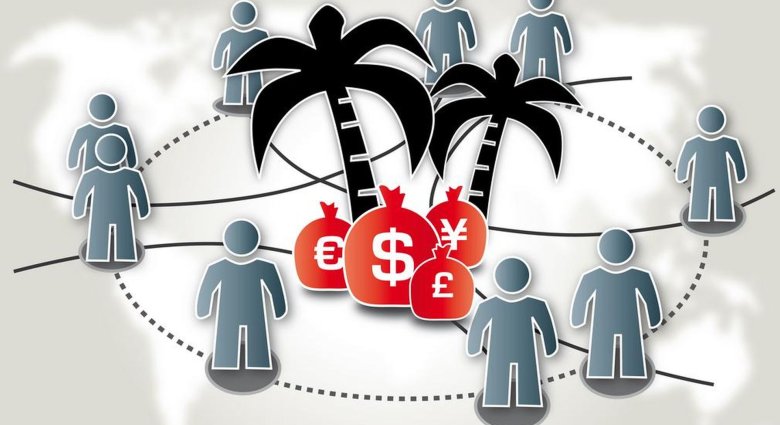
The Panama Papers affair or how tax havens work


Reducing income tax is at first glance the main task of tax havens. In practice, however, such places are also used for other purposes - first of all to hide their assets from the authorities of their own country. According to data collected by the United Nations, tax offices around the world lose up to 200 billion dollars a year due to the flight of assets to tax havens.
Transferring the assets of a company to such a place is a much more complicated process than it may seem at first glance, but in fact, the purpose of such actions is only one - to improve the operations of your company. Although it requires efficient movement in complex regulations and laws, it is possible to significantly reduce the amount of income tax paid by the taxpayer.
Such actions are most profitable for large corporations conducting global operations, which count their profits in millions of dollars. Of course, few corporations with such large profits operate outside the western part of the world - such companies come mainly from Europe, Canada, Australia and the United States. These countries are, of course, the most developed, but at the same time they usually have very tight and quite strict tax systems. They also spend a lot of money on things like administration and the military, which means they have to impose quite high rates of income tax on businesses in particular. It is therefore no wonder that so many large corporations are running away from such systems. For example, a large company in Germany with a profit of 100 million euros has to give 30 million to the tax authorities. It is enough to move to a tax haven to disburse incomes incomparably less.
In some countries of the world, income tax rates are kept at a minimum, often purely symbolic level. In order to be able to settle taxes there and operate in other regions, it is enough to establish a company or a special investment fund there. In some cases, it does not cost more than a few hundred dollars. Everything depends, of course, on the specific situation. It is not always possible to transfer all your assets to a tax haven. Many companies, however, are doing everything possible to ensure that the largest part of their business is under the authority of the local tax office.
One of the most famous examples of a company that operates on a global scale and accounts for its activities in a low-tax country is Google. The Internet giant generates annual profits of several billion dollars, of which it only pays a few million in income tax - all because it is registered in Ireland. However, registering in a tax haven is not the only solution. The well-known company Amazon is registered in Germany, but by skillfully exploiting all the loopholes, it pays much lower taxes than its revenues. Similar practices have not always been used so easily by all companies. Until relatively recently, they were available only to a small group of "selected", large companies that are real giants in their industry. In recent years, however, this has changed considerably, as much smaller companies from all over the world have also started to take advantage of tax havens. Even special companies with excellent tax advisors have appeared on the market, offering professional assistance in transferring their assets to individual countries with a friendly tax system.
According to specialists operating in Poland, the use of such services becomes profitable already at the annual income of one million zlotys - contrary to appearances, such income is even reached by medium-sized companies. There are many countries that are particularly popular among Polish entrepreneurs. For a long time the main directions of such escape were the Netherlands and Cyprus, at some point a very large interest began to be enjoyed by Slovakia. Today, more and more people are moving their companies to... Lebanon. However, the tax reduction is only one of the benefits of moving to a tax haven. Last but not least, it is important to hide one's assets from both the authorities of one's own country and the general public. Politicians who do not necessarily want to give more information about their true possessions are therefore often the ones who benefit from this. For a very long time, Switzerland has been the world leader in such security, and in this respect it has been popular with many dictators and leading communist activists. Over time, however, serious competition has emerged for her in the form of countries from the Caribbean Sea region. One of the most popular methods is to register in tax havens the entire - often very long - chain of companies and investment funds, which seemingly are very loosely interlinked. The creation of such a labyrinth of legal entities often makes it practically impossible to reach the real owner of the property.
See more

More and more work via the Internet

Ovulatory office lamps - lenses for presbyops

























